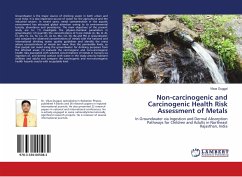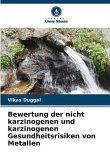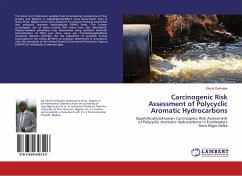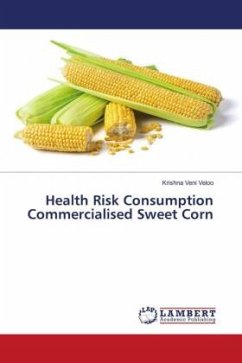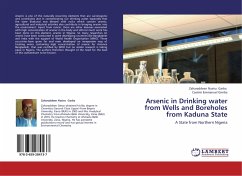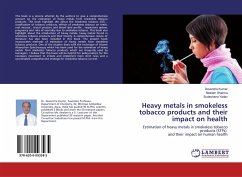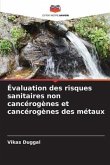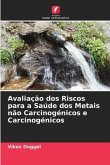Groundwater is the major source of drinking water in both urban and rural India. It is also important source of water for the agricultural and the industrial sectors. In recent years, metal contamination in the aquatic environment has attracted global attention owing to its environmental toxicity, abundance and persistence. The main objectives of the present study are to: (1) investigate the physico-chemical parameters in groundwater; (2) quantify the concentrations of trace metals (Li, Be, B, Al, Cr, Mn, Fe, Co, Ni, Cu, Zn, As Se, Mo, Cd, Sb, Ba and Pb) in groundwater and compare the observed concentrations of metals with the national and international drinking water quality guidelines and identify the areas where concentrations of metals are more than the permissible limits, so that people can avoid using the groundwater for drinking purposes from the affected areas; (3) evaluate the carcinogenic and non-carcinogenic health risks associated with selected concentrations of metals in humans via ingestion of, and dermal contact with water in the study area by habitant children and adults and compare the carcinogenic and non-carcinogenic health hazards results with acceptable level.
Bitte wählen Sie Ihr Anliegen aus.
Rechnungen
Retourenschein anfordern
Bestellstatus
Storno

